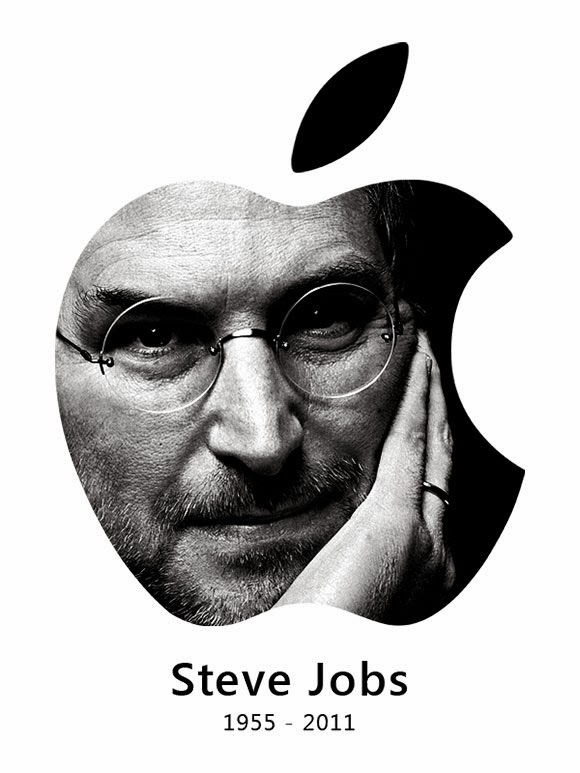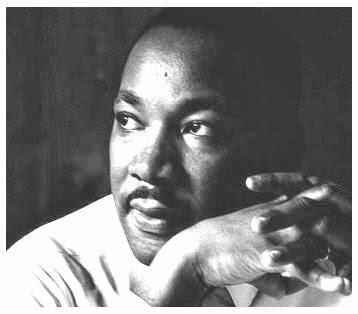 As I continue my Advent reading plan, seeking God for new revelation in the Nativity story, I am struck by the simple humility of Mary.
As I continue my Advent reading plan, seeking God for new revelation in the Nativity story, I am struck by the simple humility of Mary.
“I am the Lord’s servant,” Mary answered. – Luke 1:38
If God wanted to achieve massive notoriety in the birth of His Son, He could have used a highly public figure, but that would never be the persona Jesus took. Jesus would set in motion a new style of leadership, that of a servant, and God started that process in choosing His vessel. If He had chosen a famous or wealthy person, the rest of us would feel disqualified. Or worse, that person might have mistakenly think they “earned” the privilege to be chosen. But God used a humble girl, likely a teen, which would give hope to everyone who hasn’t felt worthy, and would keep any of us from thinking that being used by God is something to be earned.
I, for one, am grateful that God can and does use normal people to accomplish His purposes. I pray that I never fall into the trap of thinking that success is a result of my own humanity.

